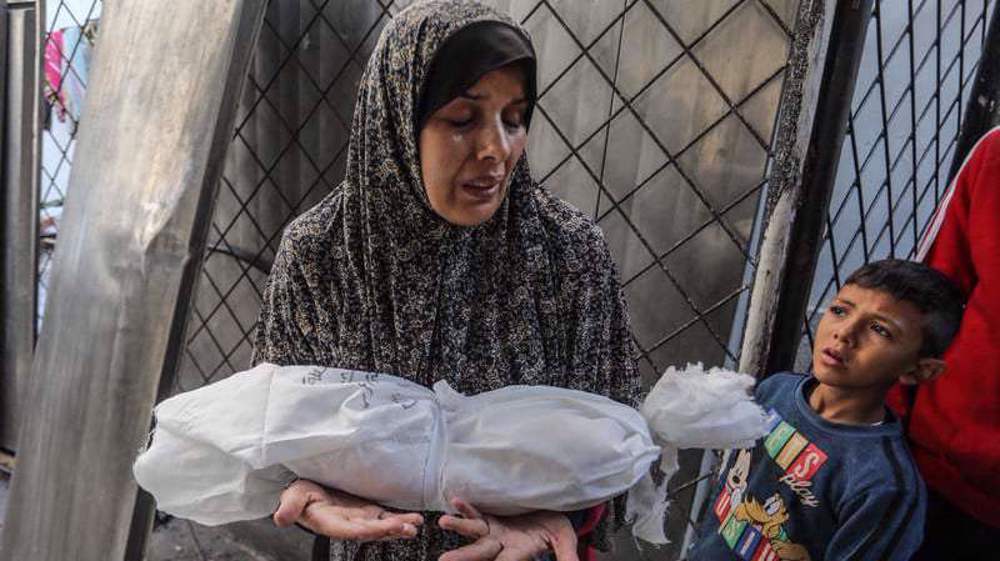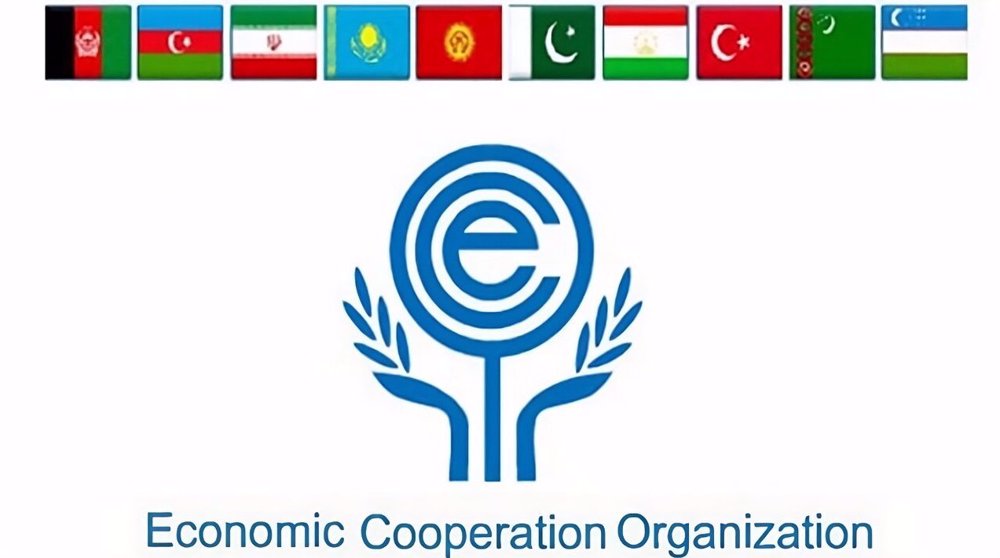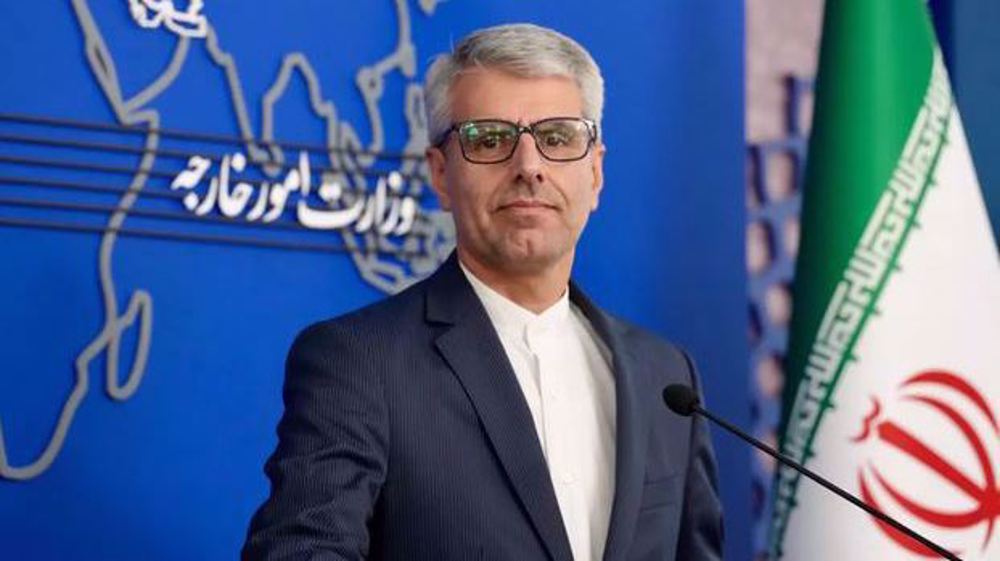US exploiting Afghan peace talks for election purposes: Iran president
Iran’s President Hassan Rouhani says the administration of US President Donald Trump is trying to take advantage of Afghan peace talks to win the forthcoming presidential election and to make up for its political failures across the world.
Rouhani made the remarks in a Monday meeting with the visiting head of Afghanistan’s High Council for National Reconciliation (HCNR), Abdullah Abdullah, in Tehran.
"The US administration, which has failed in its policies in the region and across the world and has achieved no success, [now] seeks to take advantage of the peace talks in Afghanistan for election purposes," he said, adding that interference and presence of the United States, as an aggressive country, in Afghanistan have not been in line with the Afghan people's demands.
Long-delayed direct negotiations between the Afghan government and the Taliban militant group began in the Qatari capital city of Doha on September 12 to end decades of conflict that have killed tens of thousands of people.
The intra-Afghan talks were set to take place in March, but have repeatedly been delayed over a prisoner exchange agreement made as part of the United States-Taliban deal signed in February.
Under the deal with the US, the Taliban agreed to stop their attacks on foreign forces in return for the US military’s withdrawal from Afghanistan and prisoner swap with the government.
The Afghan government was a party neither to the negotiations nor to the deal, but it has been acting in accordance with its terms, including by agreeing to free the Taliban prisoners.
President Trump made the withdrawal of US troops from Afghanistan a promise before the 2016 presidential election. In the countdown to the November presidential election, Washington has ramped up pressure to start intra-Afghan negotiations.
In a meeting with Abdullah on Sunday, Iran’s Foreign Minister Mohammad Javad Zarif said the Islamic Republic supports peace talks between the government of Afghanistan and the Taliban militant group as well as the agreements reached between the two sides.
Zarif emphasized Iran’s support for the Islamic government in Afghanistan and the Afghan-led peace process, while hailing Abdullah's role in the country's politics and emphasizing that Iran supports the Taliban's participation in the Afghan political arena.
Elsewhere in his Monday remarks, the Iranian chief executive said that the US presence in Afghanistan is not in line with the will and opinion of the people of this country.
He expressed hope that Afghanistan’s High Council for National Reconciliation would achieve success in its goal to establish peace and stability in the war-ravaged country.
"It is important that people of this country attain real peace to safeguard their achievements after years of war and conflict," Rouhani said, noting, "Political talks and intra-Afghan negotiations are the solution to this problem."
For his part, Abdullah commended Iran's support for his country and its efforts to contribute to the establishment of sustainable peace and security in Afghanistan and said Tehran is a good friend and neighbor for Kabul.
The HCNR chairman, who is in Tehran on an official three-day visit, expressed hope that lasting security and peace would be established in Afghanistan with Iran's assistance.
Washington invaded Afghanistan and toppled the Taliban-run government in 2001 on the pretext of fighting terrorism following the September 11 attacks in New York.
Afghanistan has been gripped by insecurity since the US and its allies invaded the country as part of Washington’s so-called war on terror in 2001. Many parts of the country remain plagued by militancy despite the presence of foreign troops.
American forces have since remained bogged down in Afghanistan through the presidencies of George W. Bush, Barack Obama, and now, Trump.
About 2,400 US soldiers have been killed, along with unknown numbers of Afghan troops and Taliban militants. More than 100,000 Afghans have been killed or injured since 2009 when the UN Assistance Mission in Afghanistan began documenting casualties.
Read more:
VIDEO | Security officers injured, one person killed in Amman shooting
VIDEO | Press TV's news headlines
VIDEO | Palestinian women, life under Israeli violence
Hezbollah strikes Israeli bases with drones, missiles
Iran calls for action in defense of Palestinian women
VIDEO | Sydney protests demand action as Israel faces ICC warrant for war crimes
VIDEO | Arrest warrant for Israeli war criminals
Iran to host ‘important’ ECO foreign ministers' meeting in Mashhad
















 This makes it easy to access the Press TV website
This makes it easy to access the Press TV website